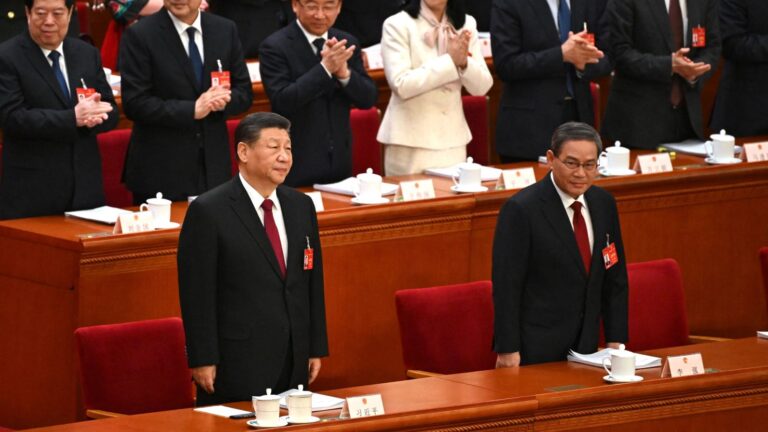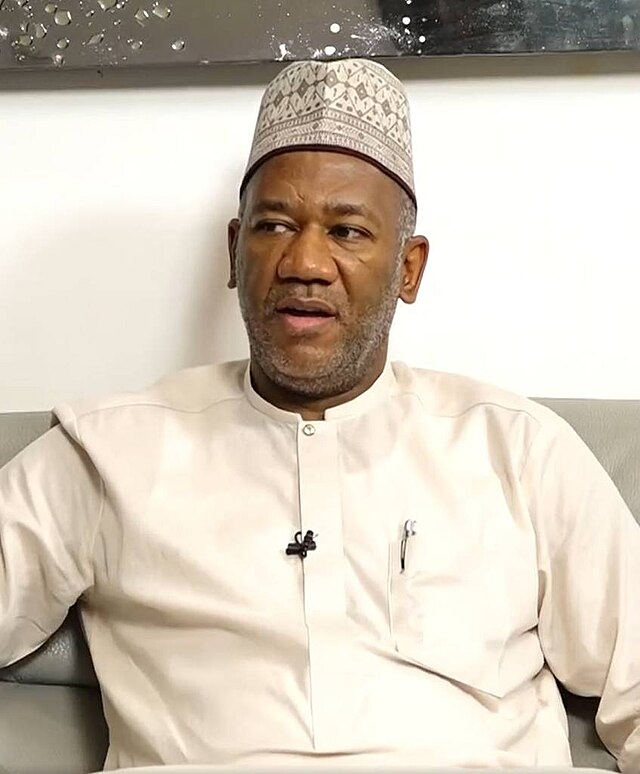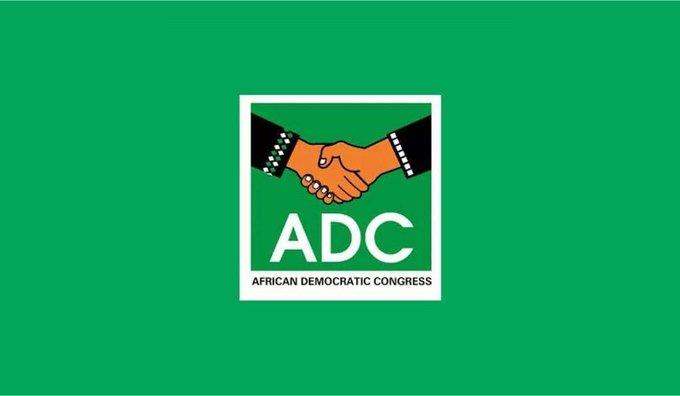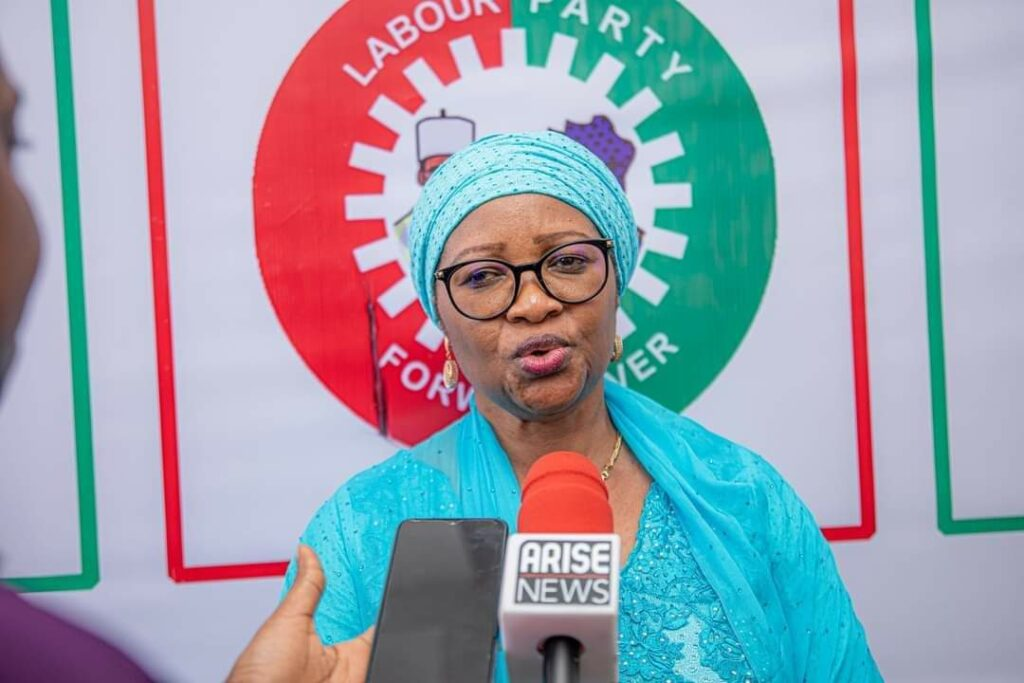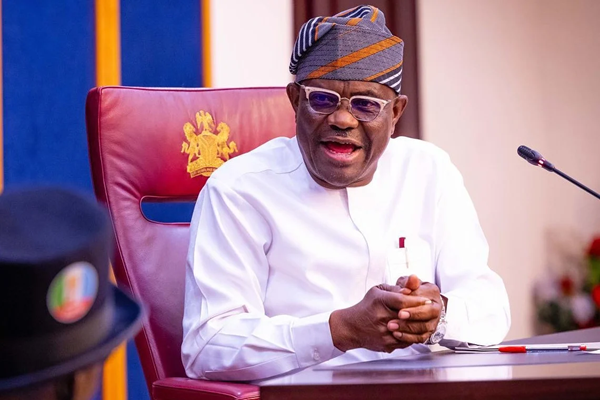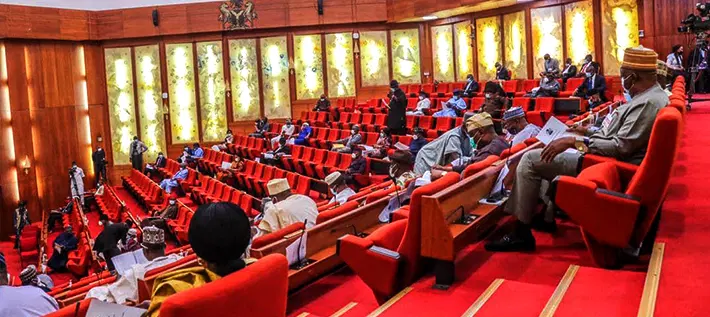China has unveiled an ambitious growth target of approximately 5% for the current year, with Premier Li Qiang announcing the goal at the opening of the annual National People’s Congress (NPC). Recognizing the challenges in the economy, Mr. Li acknowledged the unresolved difficulties and emphasized the acute risks in real estate, local government debt, and small and medium financial institutions. The announcement comes as China grapples with rejuvenating its once-booming economy, presenting policymakers with dilemmas amid existing challenges.
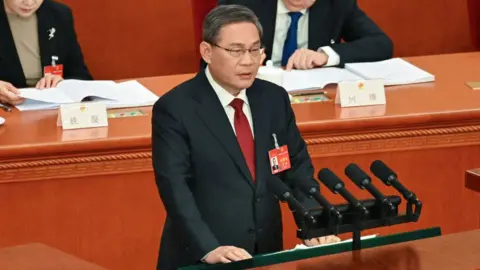
China has unveiled a set of additional measures aimed at addressing the country’s sluggish recovery from the pandemic. These initiatives include the development of new strategies to tackle challenges in the crisis-affected property sector, with a target to create 12 million jobs in urban areas. Premier Li Qiang highlighted plans to increase the regulation of financial markets and intensify research efforts in emerging technologies like artificial intelligence (AI) and life sciences.
Concurrently, the defense budget is set to rise by 7.2% this year, attracting close scrutiny from neighboring countries and the US amid heightened tensions, particularly regarding Taiwan. The announcement comes as China, once known for its rapid economic growth, faces a shifting landscape with GDP growth averaging nearly 10% annually for decades.
As China celebrated surpassing Japan to become the world’s second-largest economy and claimed significant poverty reduction, doubts persist regarding the accuracy of its economic growth figures. Beijing asserted a 5.2% growth in the economy for the previous year, a relatively low rate for China, but skeptics suggest the actual figure might be considerably lower, potentially less than one-third of the reported rate. Andrew Collier, Managing Director of China research firm Orient Capital Research, expressed skepticism, stating that many economists believe the presented growth figures are significantly inflated, proposing a more realistic range of 1% to 2%. Despite official claims, concerns about the reliability of China’s economic statistics persist.
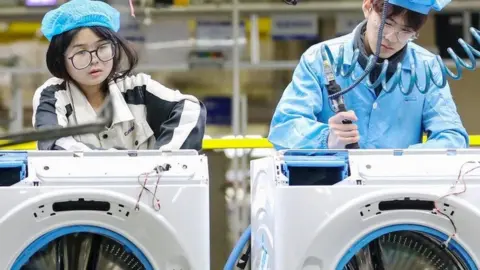
Regardless of the precise economic figures, China is confronted with an extensive range of economic hurdles, indicating a challenging period for the nation and its leadership. The existing challenges involve a troubled property market, an unstable stock market, elevated youth unemployment, and the persistent menace of deflation marked by falling consumer prices. These immediate concerns are further exacerbated by enduring issues such as trade tensions, geopolitical conflicts, a declining birth rate, and an aging population. Among these challenges, the housing market stands out as particularly critical, constituting approximately 20% of the economy, according to the International Monetary Fund (IMF).
This poses a significant challenge, affecting not only property developers but also regional banks with substantial exposure, noted Dan Wang, Chief Economist of Hang Seng Bank (China). The crisis in the real estate industry gained prominence recently when Country Garden, the nation’s largest private developer, faced a winding-up petition from a creditor in Hong Kong. This development occurred merely a month after Evergrande, another heavily indebted competitor, was instructed by a court in the city to undergo liquidation. While many global economies grappled with surging prices following the pandemic, China initially avoided high inflation. However, the country is now confronted with the converse issue – persistent declines in prices, indicative of deflation.
In January, consumer prices in China experienced the most rapid decline in almost 15 years, marking the fourth consecutive month of decreases. This represents the steepest fall since September 2009, a period when the global economy was still grappling with the aftermath of the global financial crisis.
Deflation poses challenges for economies as it can lead individuals to postpone major purchases, such as appliances or vehicles, anticipating lower prices in the future. Additionally, it affects individuals and businesses carrying debts, as even though prices and incomes decrease, debts remain constant. This situation places a greater burden on companies experiencing declining revenue or households with diminishing incomes, making debt payments more challenging.

